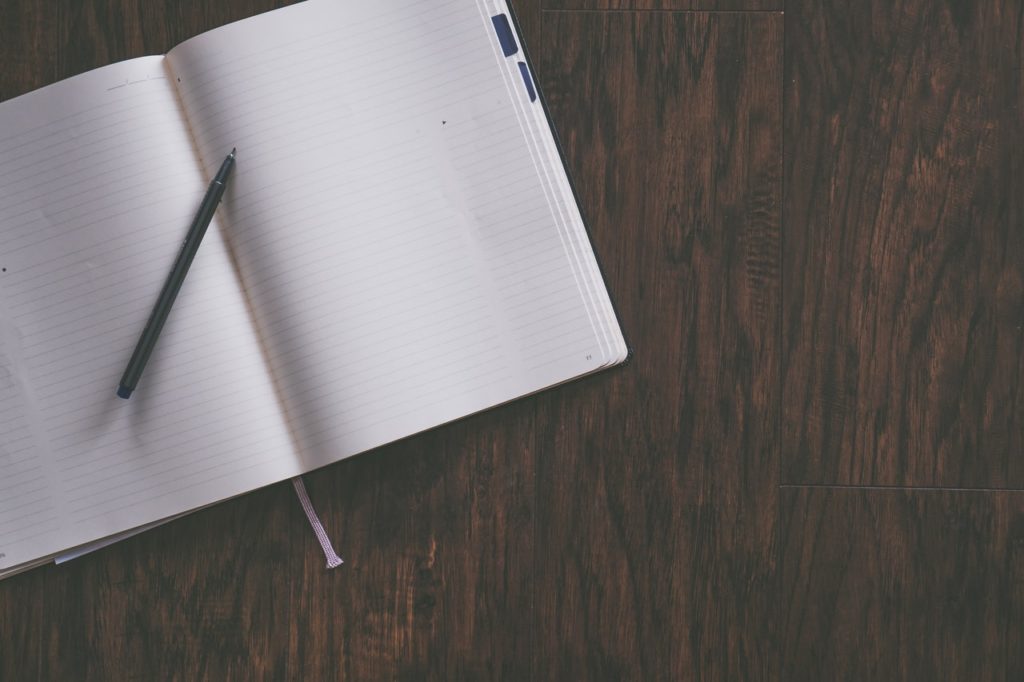The earliest journal I have is from 1998 on a summer trip to Greece. The most consistent thing I wrote about? What I ate. I could list every single meal on every day of that trip with more certainty than what I bought or what I saw. For example, I know that on the first night in Athens I ate a delicious steak (filet, to be exact) with mashed potatoes and a Coke. I know how disappointed I was that they didn’t serve Dr. Pepper, my favorite soda. Finally, I not only listed what I ate on the plane ride home from London, I kept the menu and taped it inside.
Despite that (or because of it), that journal is one of my most treasured possessions, along with others I was required to keep in high school in 2001. Having them now, I can see my handwriting at that time, what I liked to do, and can see through my thought processes just how much I have changed. I certainly don’t think about food as much.
So it may sound kind of silly to some to keep a journal, but I believe they are quite a valuable tool.
Not Just Memories
Journals serve another purpose for me today. They are extremely therapeutic. When I am going through rough periods, perhaps having more seizures than usual, feeling overwhelmed, or having bouts of depression or anxiety, I buy a notebook and write it down. And it is important for me to hand-write it and not type. This may be from growing up in the 80’s and 90’s, but there’s something about holding a physical copy of what you have made with your hands. I don’t typically keep typed reports from school, but I have plenty of hand-written ones and a lot of old art.
Helping with Epilepsy
There are a couple of ways a journal can help with epilepsy in particular.
- Journals can document seizures
A dated journal can be useful if you don’t want to use a calendar to track when you had a seizure. You can write detailed notes about them or simply make a mark to indicate it. This is quite useful when visiting the neurologist.
- Journals understand everything
There is, of course, no feedback with journals, and this can be a good thing when you aren’t looking for it. I am not always looking for the opinions of others. Sometimes I want to talk to someone who just gets it. My journal always listens and always get it. Feeling understood is something I value highly when talking about my seizures. The less explaining I have to do and the less worry I cause, the better.
Better Informed
Writing has one more benefit that I believe in strongly. Because you write more slowly than you talk, it puts more intent into your words, as well as more permanence to your thoughts. And that is powerful. I never imagined in 1998 that 20 years later I would still be reading that journal. I didn’t know that from it I would be able to remember things about my personality.
The same is true for all of my journals. They serve as both a good source of private therapy while writing them and as a way to remember your life for years to come.





